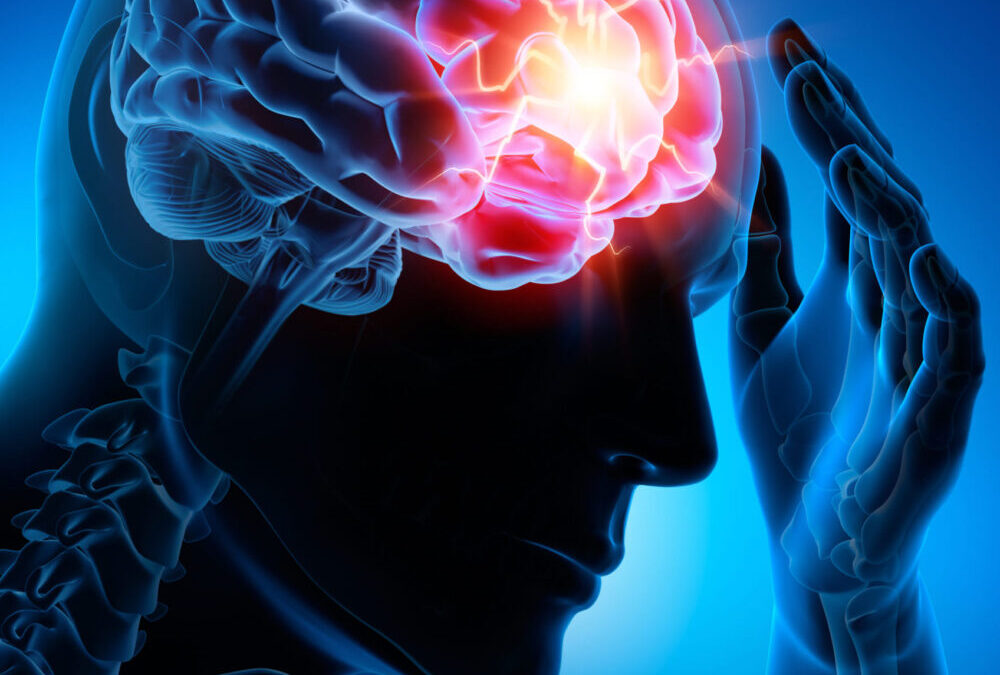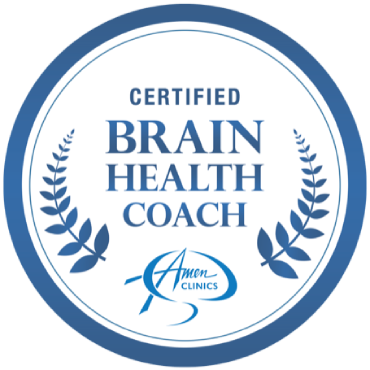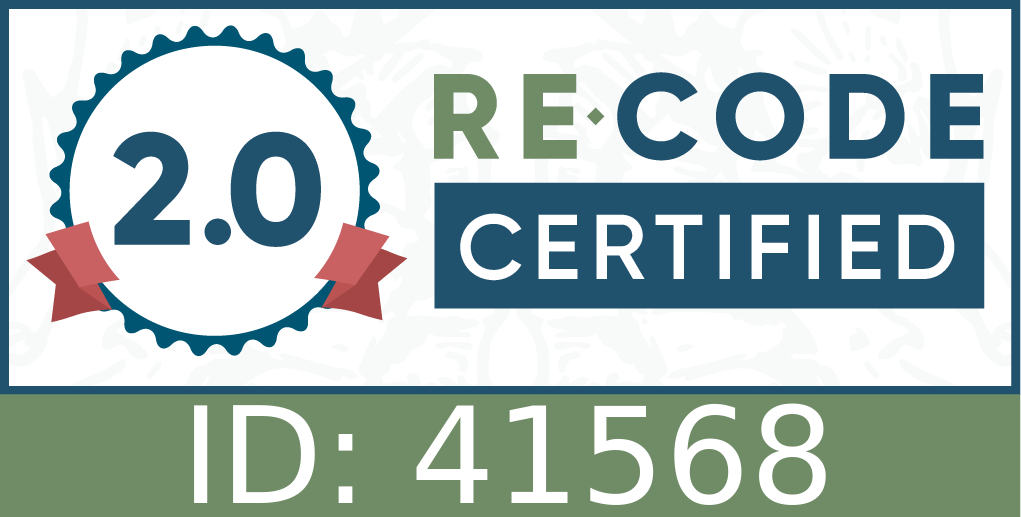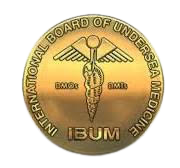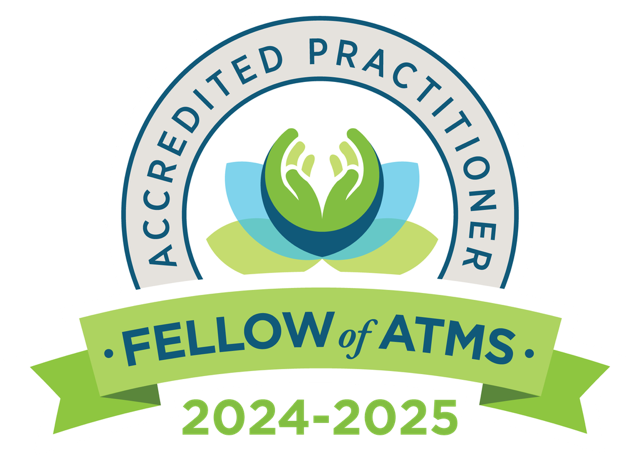Unseen Impacts: The Hidden Dangers of Microtraumas in Sports – Concussions are a well-known concern in sports, with athletes of all ages at risk of this type of head injury.
Concussions are a common topic in sports, with many athletes of any age are at risk of sustaining this type of head injury. In fact, it’s thought that around 10% of high school kids playing contact sport are accumulating a concussion each year through this process. While most people are aware of the dangers of concussions, few realise there is a lesser-known risk factor that could be just as harmful: microtraumas.
Microtraumas refer to small, repetitive impacts to the head or body that do not result in a diagnosed concussion. These impacts can be sustained through various activities, such as heading a soccer ball, tackling in football, or any other physical activity that involves jarring the head. In this article, we’ll explore how microtraumas can lead to complete concussions and what you can do to protect yourself.
The Danger of Microtraumas
Microtraumas can occur frequently without being detected or diagnosed as concussions. These small impacts can add up over time, resulting in long-term damage to the brain. Although each microtrauma is unlikely to cause immediate symptoms, they can still have a cumulative effect on the brain, leading to significant problems over time.
The Brain’s Response to Microtraumas
When the brain is subjected to microtraumas, it activates a natural defense mechanism that can have negative consequences. The brain responds by releasing chemicals that promote inflammation and swelling, which can cause damage to the brain cells. These chemicals can also trigger a cascade of events that lead to a reduction in cognitive function, including memory loss and other forms of cognitive decline.
The Long-Term Effects of Microtraumas
The long-term effects of microtraumas are concerning, as they can lead to a number of conditions that affect brain function. Some of the most common long-term effects of microtraumas include:
- Concussions, then Post-Concussion Syndrome
- Chronic traumatic encephalopathy (CTE)
- Dementia
- Depression
- Anxiety
- Memory loss
- Difficulty concentrating
Preventing Microtrauma-Related Concussions
Preventing microtrauma-related concussions is essential for protecting your long-term brain health. Here are a few steps you can take to protect yourself from microtraumas:
- Wear appropriate protective gear, such as helmets and mouthguards, when playing sports but please be aware head gear does not protect from indirect impacts or ‘heading’ a ball in soccer.
- Avoid unnecessary risks, such as playing through an injury or engaging in high-risk activities.
- Learn proper techniques for physical activities to reduce the risk of head injury.
- Take a break if you experience any symptoms of a concussion, such as headaches, dizziness, or confusion.
FAQs
Q: What are some signs and symptoms of a concussion?
A: Some common signs and symptoms of a concussion include headache, dizziness, confusion, memory loss, sensitivity to light, fatigue or inability to sleep, and nausea / vomiting.
Q: How long does it take for symptoms of a concussion to appear?
A: It can take hours or even days or weeks for symptoms of a concussion to appear, which is why only about 30% ever get diagnosed. This is why it is important to take some time out and supplement appropriately to support your brain if you experience any signs of a head injury.
Q: Can children sustain microtraumas?
A: Absolutely! Children can sustain microtraumas just as easily as adults, possibly more so, and females are at higher risk again. It is important to protect children’s brains by ensuring they wear appropriate protective gear and engaging in activities that are appropriate for their age and skill level.
Conclusion:
Microtraumas may seem like minor incidents, but they can have significant long-term effects on brain function.

